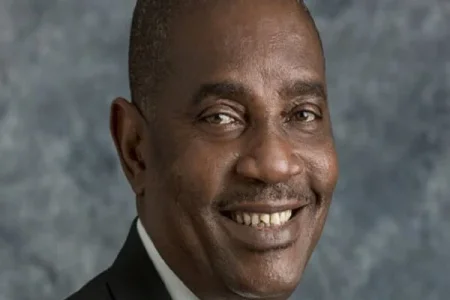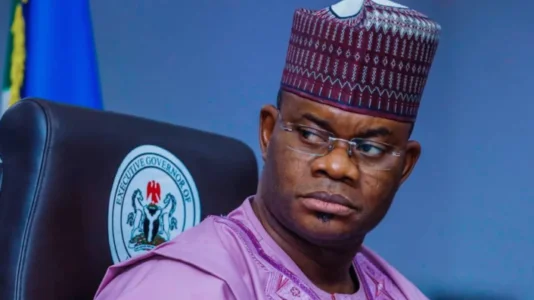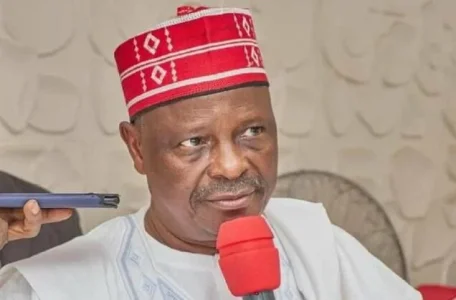
Nigerian President Tinubu's removal of PSC Chairman Solomon Arase has ignited controversy, with concerns over executive power consolidation and potential impacts on police reform and accountability. Arase's tenure was marked by efforts to combat corruption and human rights abuses. The new appointments await Senate confirmation.
In a controversial move, Nigerian President Bola Ahmed Tinubu has removed Solomon Arase from his position as chairman of the Police Service Commission (PSC), a crucial oversight body responsible for maintaining professionalism and accountability within the nation's police force.
The decision, announced by presidential spokesman Ajuri Ngelale on Monday, has sparked concerns among opposition parties, civil society groups, and legal experts over the increasing consolidation of executive power and potential erosion of institutional independence.
Arase, a former Inspector-General of Police, had been appointed as PSC chairman in 2020 and was widely seen as a reformist figure committed to addressing issues of corruption and human rights abuses within the police ranks. Under his leadership, the commission had taken on several high-profile cases, including investigations into extrajudicial killings and misconduct by law enforcement officers.
In justifying the removal, the Presidency cited the need for "fresh perspectives" and a renewed commitment to police reforms. However, critics have questioned the timing and motivations behind the decision, suggesting it may be an attempt to exert greater control over the commission's operations.
Tinubu has appointed DIG Hashimu Argungu (Rtd) as the new chairman of the PSC, along with Chief Onyemuche Nnamani as Secretary and DIG Taiwo Lakanu (Rtd) as a member. These appointments are subject to confirmation by the Senate.
Legal analysts have raised concerns that Arase's removal could set a precedent for future purges of independent officials, potentially weakening checks and balances within the Nigerian system. They warn that such actions could undermine ongoing efforts to combat corruption, police brutality, and human rights violations within the security forces.
As the controversy unfolds, all eyes will be on how the new PSC leadership navigates its role and whether it maintains the commission's independence and commitment to accountability in the face of potential executive interference.




